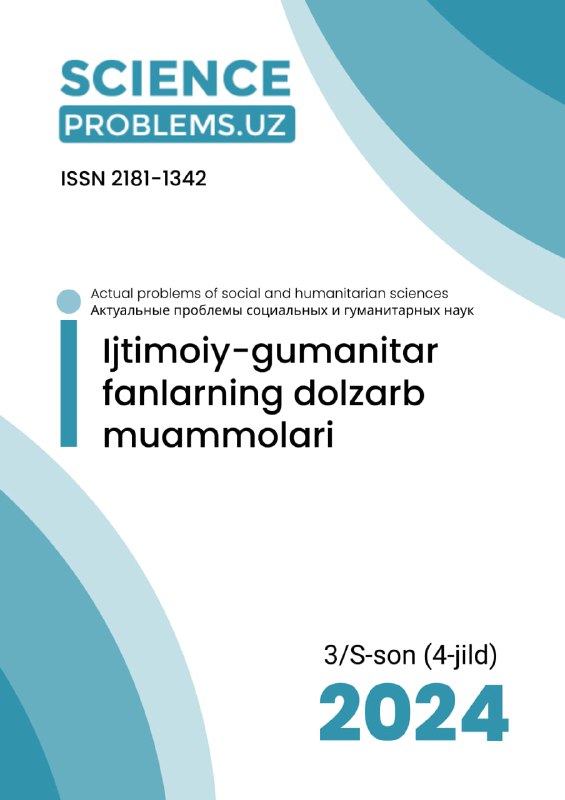EXPLORATION OF IRONY OF DESIRES THROUGH THE LENS OF PSYCHOLOGY AND MORALITY IN THEODORE DREISER’S NOVEL “SISTER CARRIE
Kalit so'zlar
https://doi.org/10.47390/SPR1342V4SI3Y2024N30Kalit so'zlar
desire, goals, emotions, irony, psychology, morality, degradation, success, reformation, satisfaction.Annotasiya
This article delves into the intricate dynamics of human emotions, desires, and ambitions within Theodore Dreiser’s novel “Sister Carrie”. It explores the profound psychological transformations and moral dilemmas experienced by the characters. Through meticulous analysis of dialogue excerpts, it unveils the complexities of their inner worlds and the consequences of their choices. By dissecting the characters' aspirations and ethical struggles, it provides fresh perspectives on their development and the moral inquiries embedded in the narrative. Ultimately, the article offers profound insights into the interplay of personal ambition, societal expectations, and moral integrity within the novel's rich tapestry of human experience.
Manbalar
David H. Fischler "The Psychology of Irony: A Literary Perspective" Publication: Journal of Literary Semantics, Vol. 29, No. 2, 2000, pp. 119-136
Hemingway, Ernest. "A Moveable Feast." Scribner, 1996, p. 31.
Faulkner, William. "The Joys of Being a Writer." Faulkner at Nagano, Vintage, 1956, p. 46.
F. Scott Fitzgerald. "Sister Carrie After Nineteen Years." New York Herald Tribune, November 25, 1928.
Reynolds, Sarah. "Theodore Dreiser’s Exploration of the American Female Experience." Women’s Studies in American Literature, vol. 18, no. 3, 2021, pp. 298-313.
Reynolds, Sarah. "Theodore Dreiser’s Exploration of the American Female Experience." Women’s Studies in American Literature, vol. 18, no. 3, 2021, p.314.
Dreiser, Theodore. “Sister Carrie”. Doubleday, Page & Company, 1900, p.45
Zeng, William. "Theodore Dreiser and the Literary Representation of the American Dream." Dream Narratives in American Literature, vol. 24, no. 2, 2022, p. 171.








